Nutrition
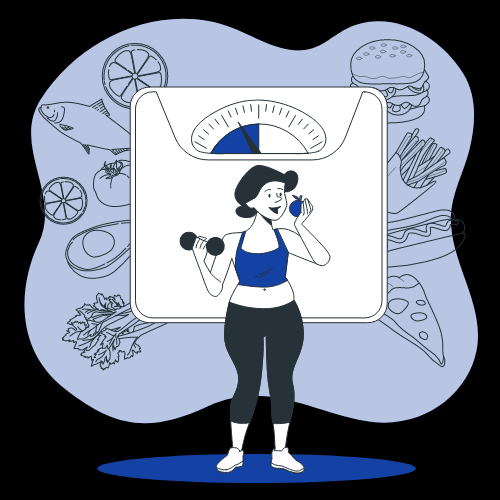
Nutrition refers to anything related to the process of obtaining and using nutrients from food for the maintenance of health, growth, and overall well-being. It encompasses aspects such as the quality and quantity of nutrients, how they are absorbed and utilized by the body, and their impact on health. For instance, nutrition information involves understanding the content of essential nutrients in food and how they contribute to a balanced diet and prevention of diseases.
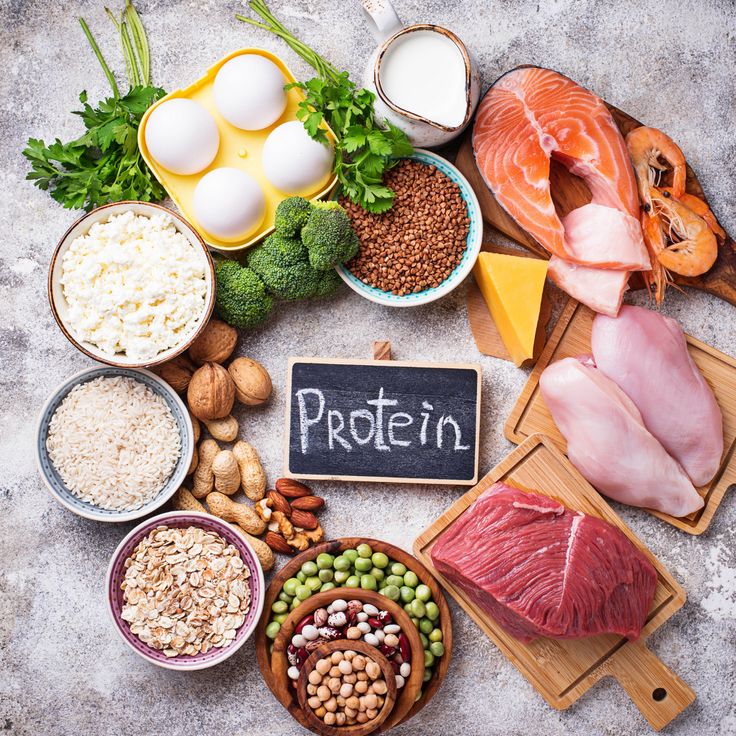
Proteins consists of amino acids, which are the building blocks of the body. There are 20 different amino acids, nine of which are essential because the body cannot produce them on its own and must obtain them from the diet. Proteins are involved in building and repairing tissues, making hormones and enzymes, and supporting immune function. Protein can be found in both animal and plant foods. Animal sources consist of meat, poultry, fish, eggs, and dairy products. Plant-based sources include beans, lentils, tofu, nuts, seeds, and whole grains. Combining different plant sources can help ensure you get all essential amino acids. The amount of protein you need depends on various factors including age, sex, activity level, and overall health. For most adults, a general guideline is about 0.8 grams of protein per kilogram of body weight per day. Consuming adequate protein helps with muscle growth and repair, supports a healthy immune system, maintains healthy skin, and aids in the production of enzymes and hormones. It also helps with satiety, which can be beneficial for weight management.
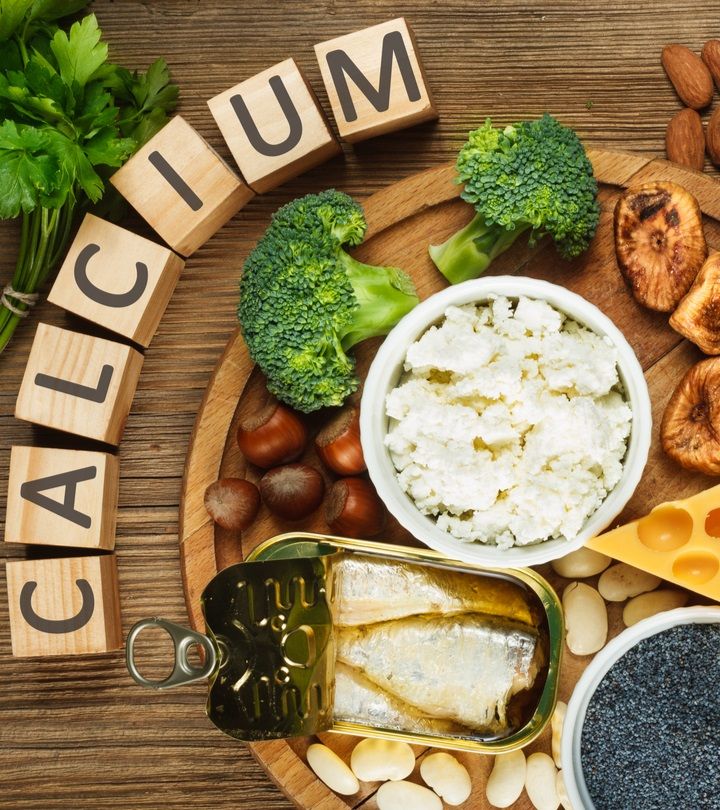
Calcium is a vital mineral essential for various bodily functions, including maintaining strong bones and teeth, enabling muscle contractions, supporting nerve transmission, and aiding in blood clotting. It is predominantly found in dairy products like milk, cheese, and yogurt, but also in leafy green vegetables, almonds, and fortified plant-based alternatives. The recommended daily intake for most adults ranges from 1,000 to 1,200 milligrams. Adequate vitamin D is crucial for calcium absorption. Both calcium deficiency and excess can have health implications, such as bone disorders or kidney stones, respectively. Therefore, maintaining a balanced intake from diverse sources is important for overall well-being. Calcium nutritional value measures the amount of calcium in food, crucial for bone health, muscle function, and nerve signaling.

Vitamin A is a fat-soluble vitamin crucial for preserving healthful vision, helping immune characteristic, and promoting mobile growth and differentiation. It exists in primary bureaucracy: preformed nutrition A (retinol), discovered in animal assets like liver, fish, and dairy products, and provitamin A (beta-carotene), found in plant-based totally foods inclusive of carrots, pleasant potatoes, and leafy veggies. Nutrition A is essential for the right functioning of the retina and can help prevent night blindness and other vision problems. It additionally performs a function in pores and skin fitness and cell restore. k consumption is critical, however immoderate consumption, particularly from supplements, can lead to toxicity and unfavorable outcomes. Balancing nutritional sources guarantee you get the benefits without the risks. Vitamin A nutritional value refers to its role in vision, immune function, and skin health.
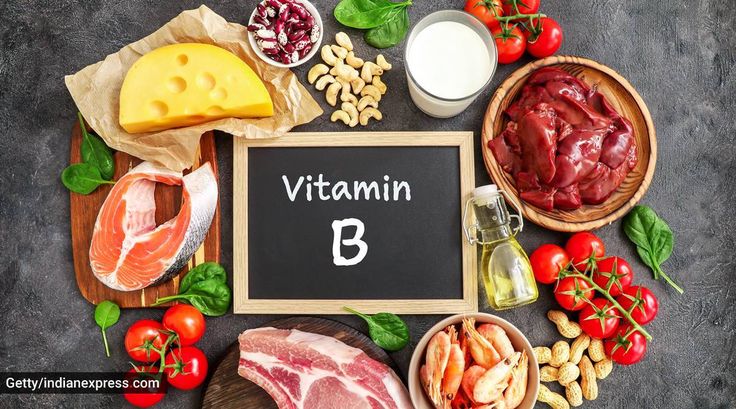
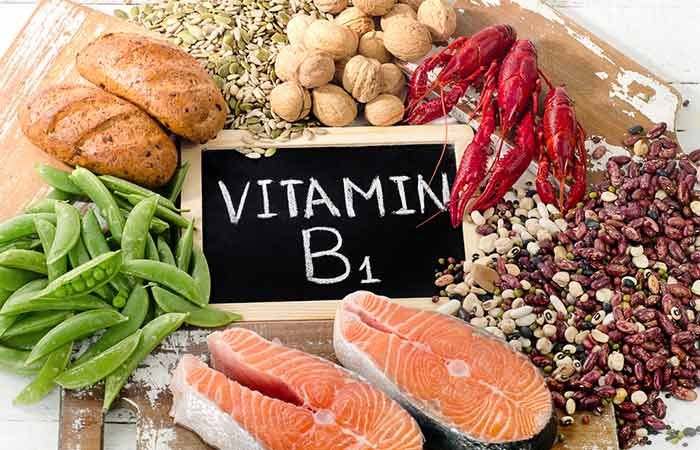
Vitamin B1, also known as thiamine, is a water-soluble vitamin essential for carbohydrate metabolism and energy production. It plays a crucial role in converting food into energy and supports the proper functioning of the nervous system, heart, and muscles. Thiamine is found in foods like whole grains, pork, legumes, and nuts. Deficiency in vitamin B1 can lead to conditions such as beriberi, which affects the cardiovascular and nervous systems, and Wernicke-Korsakoff syndrome, a serious neurological disorder often associated with chronic alcoholism. Ensuring an adequate intake of thiamine through a balanced diet helps maintain energy levels and overall health.

Vitamin B2, also known as riboflavin, is a water-soluble vitamin that plays a vital role in energy production and the metabolism of fats, proteins, and carbohydrates. It is essential for maintaining healthy skin, eyes, and nerve functions. Riboflavin also acts as an antioxidant, helping to combat oxidative stress in the body. It is found in a variety of foods, including dairy products, lean meats, eggs, green leafy vegetables, and fortified cereals. A deficiency in vitamin B2 can lead to symptoms such as sore throat, cracks or sores on the outsides of the lips (cheilosis), and inflammation of the lining of the mouth and tongue. Adequate intake through a balanced diet supports overall health and well-being.

Vitamin B3, also referred to as niacin, is a water-soluble vitamin vital for various bodily capabilities, along with power manufacturing and the metabolism of carbohydrates, fats, and proteins. It helps the fitness of the skin, digestive system, and fearful gadget, and allows maintain wholesome levels of cholesterol. Niacin can be located in meals which includes rooster, fish, entire grains, and legumes. It also exists in two paperwork: niacinamide and niacin, each of which contribute to exclusive physiological strategies. A deficiency in nutrition B3 can cause pellagra, characterized through signs and symptoms consisting of dermatitis, diarrhea, and dementia. adequate consumption of niacin is vital for maintaining metabolic fitness and preventing associated deficiencies.
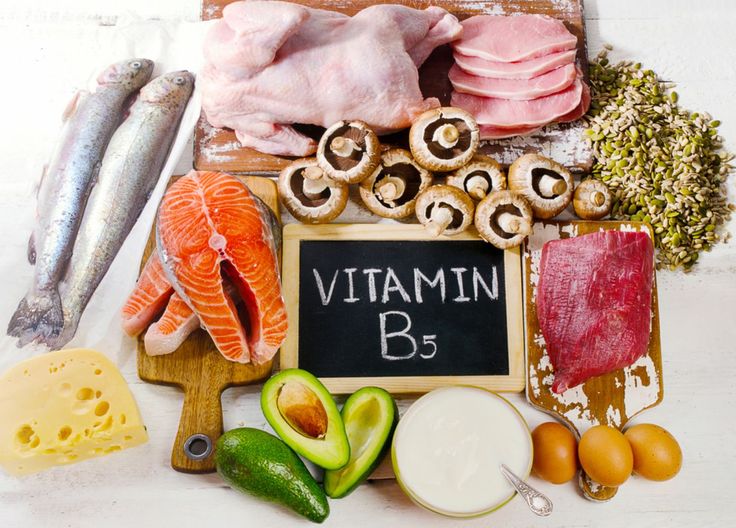
Vitamin B5, additionally referred to as pantothenic acid, is a water-soluble diet essential for synthesizing coenzyme A, which performs a critical position in strength manufacturing and the metabolism of fat, proteins, and carbohydrates. it is also essential for the synthesis of hormones, pink blood cells, and neurotransmitters. Pantothenic acid is widely available in ingredients consisting of eggs, fish, chicken, complete grains, and legumes. although deficiencies are rare because of its sizable presence in diverse meals, a loss of nutrition B5 can result in symptoms like fatigue, irritability, and digestive troubles. making sure ok consumption helps usual metabolic fitness and contributes to the proper functioning of numerous bodily structures.

B6, also known as pyridoxine, is a water-soluble vitamin that plays a essential role in numerous physiological capabilities, along with amino acid metabolism, neurotransmitter synthesis, and the production of hemoglobin. It’s miles important for mind fitness, immune function, and the law of temper and electricity stages. Nutrition B6 may be observed in a variety of ingredients consisting of hen, fish, bananas, potatoes, and fortified cereals. A deficiency in vitamin B6 can result in signs and symptoms consisting of anemia, depression, irritability, and peripheral neuropathy. Retaining ok stages via a balanced food plan supports basic fitness and enables save you associated deficiencies.
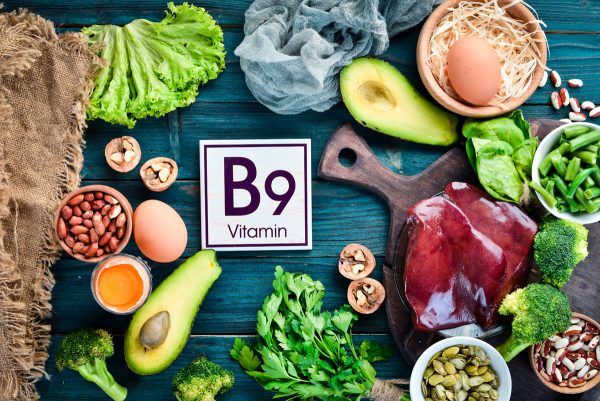
Vitamin B9, commonly called folate or folic acid in its synthetic shape, is a water-soluble vitamin critical for DNA synthesis, cellular department, and usual boom. It’s miles mainly critical in the course of periods of speedy growth, including being pregnant and infancy, because it allows within the formation of red blood cells and helps fetal development. Folate is found clearly in meals like leafy green greens, legumes, citrus fruits, and fortified grains. A deficiency in nutrition B9 can cause megaloblastic anemia, increased homocysteine levels, and in pregnant girls, an improved danger of neural tube defects inside the toddler. Making sure adequate folate consumption is crucial for mobile fitness and preventing capability headaches for the duration of pregnancy.
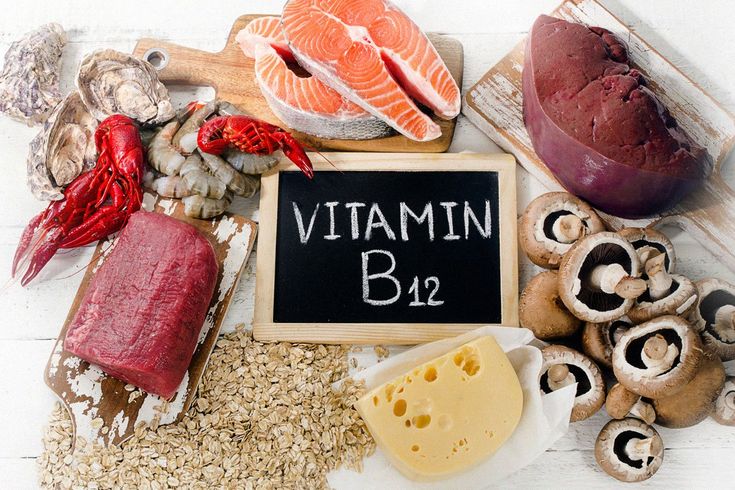
Vitamin B12, also called cobalamin, is a crucial water-soluble vitamin that supports the formation of purple blood cells, DNA synthesis, and proper neurological function. It is critical for retaining healthful nerve cells and plays a key position in mind feature. nutrition B12 is predominantly found in animal-primarily based meals which includes meat, fish, hen, eggs, and dairy products, making it challenging for those following vegetarian or vegan diets to satisfy their desires with out fortified meals or supplements. A deficiency in vitamin B12 can cause signs and symptoms consisting of fatigue, weak spot, neurological problems, and megaloblastic anemia. Ensuring good enough intake is important for keeping universal health and preventing related deficiencies.
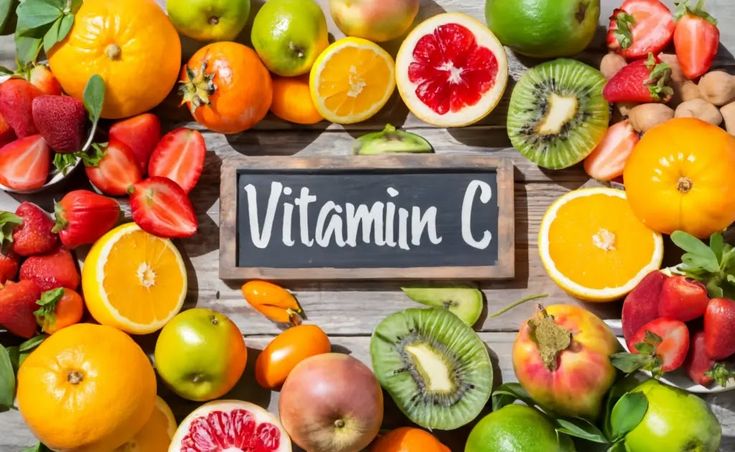
Vitamin C, or ascorbic acid, is a essential water-soluble vitamin with key roles within the frame, inclusive of acting as a robust antioxidant and helping the synthesis of collagen, that’s vital for skin, blood vessels, and connective tissues. It additionally complements the absorption of iron from plant-primarily based foods and contributes to immune system function via supporting to defend cells from harm and helping numerous immune responses. Vitamin C is discovered in a spread of end result and greens, with citrus end result like oranges, strawberries, and kiwi, in addition to bell peppers and broccoli, being specifically wealthy sources. A deficiency in nutrition C can result in scurvy, which is marked through signs which include bleeding gums, joint ache, and fatigue. Eating adequate quantities of nutrition C through a diverse eating regimen is crucial for retaining standard fitness and preventing deficiency-related situations. The nutritional value of vitamin C includes its role in collagen formation, immune system support, and antioxidant defense against free radicals.
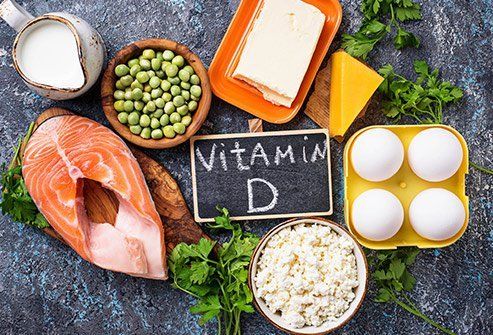
Vitamin D is a crucial fats-soluble vitamin that performs a giant role in retaining bone fitness by helping in calcium absorption in the gut. It additionally helps immune device function, muscle health, and has been connected to mood regulation. The body can produce vitamin D thru publicity to daylight, which triggers its synthesis in the pores and skin. additionally, it is able to be received from nutritional resources like fatty fish, fortified dairy merchandise, and egg yolks. For people with confined sun exposure or dietary consumption, dietary supplements might be vital to keep top-rated stages. Deficiency in nutrition D can cause bone disorders which includes rickets in kids and osteomalacia or osteoporosis in adults. The nutritional value of vitamin D lies in its crucial role in calcium absorption and bone health.

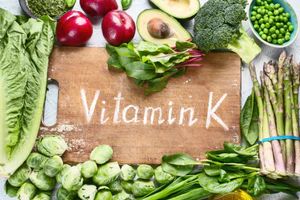
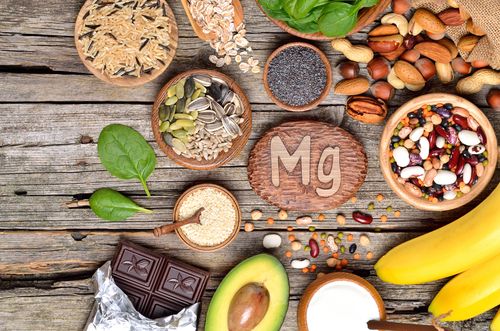
Magnesium is a important mineral and essential nutrient determined in lots of foods and utilized in numerous organic approaches in the human body. It performs a vital position in over 300 enzymatic reactions, which include those concerned in electricity manufacturing, protein synthesis, and muscle characteristic. Magnesium additionally facilitates maintain normal nerve and muscle function, supports a healthy immune device, and keeps bones strong. Nutritional resources of magnesium include green leafy vegetables, nuts, seeds, and complete grains. Deficiency in magnesium can lead to signs and symptoms together with muscle cramps, fatigue, and irritability, highlighting the significance of K magnesium consumption for normal health and properly-being.
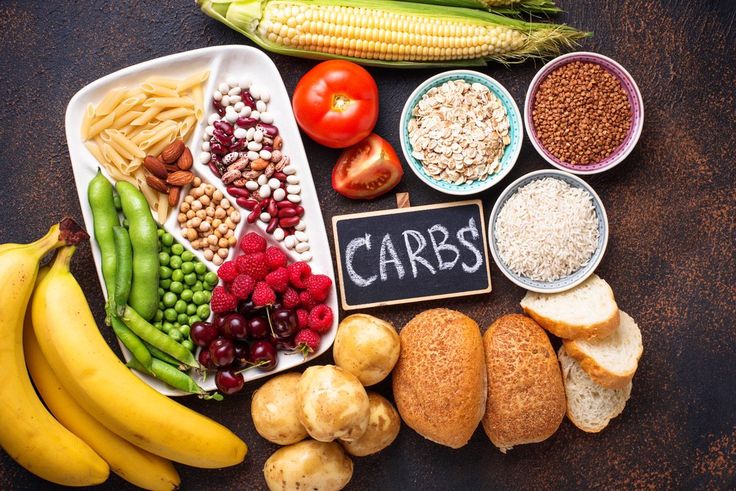
Carbohydrates, typically referred to as carbs, are a fundamental macronutrient that serves as the body’s number one supply of power. They’re found in a various variety of ingredients, along with fruits, vegetables, grains, and legumes. Carbs are categorized into easy carbohydrates, that are quickly digested and offer fast energy, and complex carbohydrates, which are damaged down greater slowly and provide longer-lasting strength. Complex carbs also make contributions to digestive health because of their excessive fiber content. Carbohydrates are crucial for fueling bodily pastime, supporting mind feature, and preserving common metabolic balance. A properly-balanced diet consists of a mixture of carbohydrates to ensure sustained strength tiers and most reliable health.
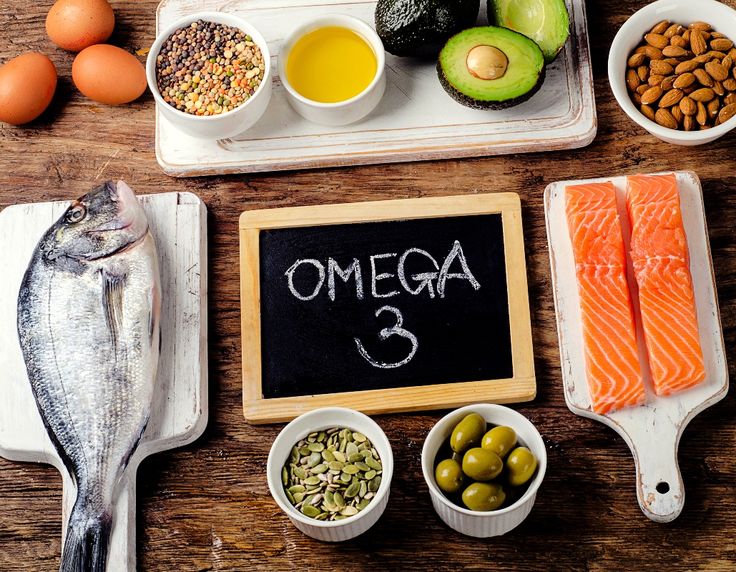
Omega-3 fatty acids are vital fat that play a critical position in retaining typical fitness and nicely-being. Discovered primarily in fatty fish together with salmon, mackerel, and sardines, in addition to in plant-based totally assets like flaxseeds, chia seeds, and walnuts, omega-3s are crucial for cardiovascular health, mind function, and reducing irritation. These polyunsaturated fat consist of alpha-linolenic acid (ALA), eicosapentaenoic acid (EPA), and docosahexaenoic acid (DHA), each contributing to diverse fitness advantages. Omega-3s are recognized to support heart fitness with the aid of lowering triglyceride levels and decreasing the danger of coronary heart disorder, at the same time as additionally playing a role in cognitive characteristic and mood law. Along with good enough omega-3s inside the food regimen can help maintain a balanced inflammatory response and guide universal physiological function.
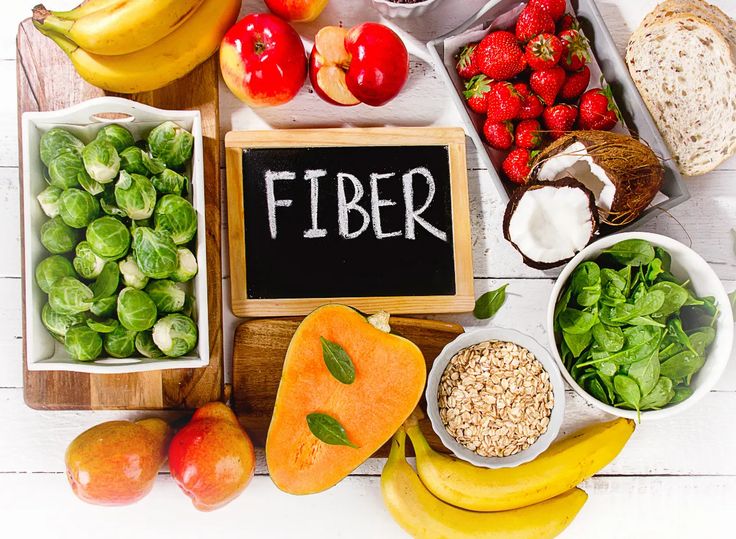
Fiber is an crucial element of a wholesome food plan, discovered predominantly in plant-based ingredients like end result, vegetables, entire grains, and legumes. It is categorized into two principal kinds: soluble fiber, which dissolves in water and might help lower blood cholesterol levels and adjust blood sugar, and insoluble fiber, which does now not dissolve in water and aids in retaining digestive fitness through selling everyday bowel movements. Eating an good enough quantity of fiber supports numerous factors of fitness, such as weight management, because it facilitates you sense complete longer, and intestine fitness, by means of fostering useful micro organism inside the digestive tract. A eating regimen rich in fiber can also make contributions to decreased dangers of chronic illnesses.The nutritional value of fiber includes its role in promoting digestive health, regulating blood sugar levels, and supporting heart health
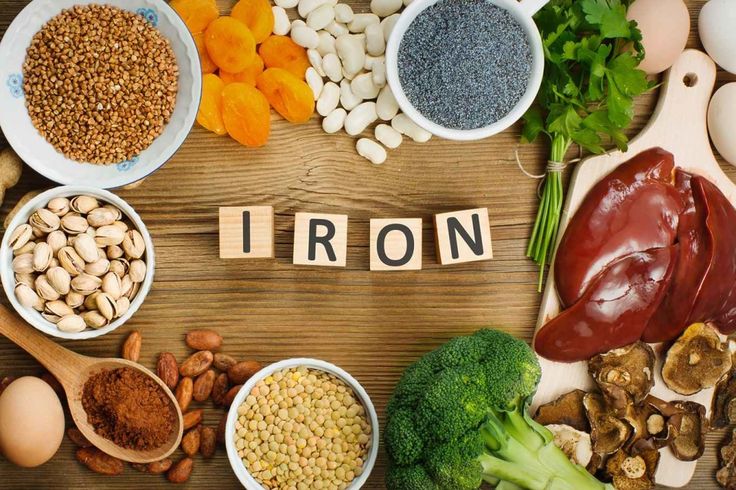
Iron is an essential mineral that performs a critical position in retaining typical health by means of assisting the production of hemoglobin, the protein in crimson blood cells accountable for transporting oxygen in the course of the body. It’s also vital for cellular respiration, electricity metabolism, and the synthesis of DNA. Iron is available in two forms inside the diet: heme iron, discovered in animal products like pork, fowl, and fish, and non-heme iron, that is present in plant-primarily based meals consisting of beans, lentils, and spinach. The frame absorbs heme iron extra effectively than non-heme iron. K iron ranges are essential for stopping anemia, which could lead to signs and symptoms such as fatigue, weakness, and dwindled cognitive function. Incorporating iron-rich ingredients into the eating regimen and, if necessary, the usage of dietary supplements can assist keep healthy iron stages and guide typical well-being.
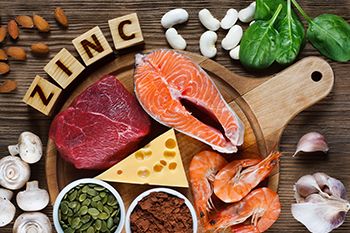
Zinc is an vital mineral important for maintaining normal fitness and well-being. It performs a key role in severa bodily features, consisting of immune device guide, protein synthesis, and cell repair. Zinc is vital for proper boom and development, as well as for preserving skin health and aiding in wound healing. It also supports the pastime of over three hundred enzymes which can be concerned in numerous metabolic techniques. Dietary sources of zinc consist of meats, shellfish, dairy merchandise, nuts, and legumes. Zinc deficiency can cause troubles which includes weakened immune characteristic, delayed growth in children, and impaired feel of taste and smell. good enough intake of zinc is crucial for keeping premiere health and preventing deficiency-related complications.
